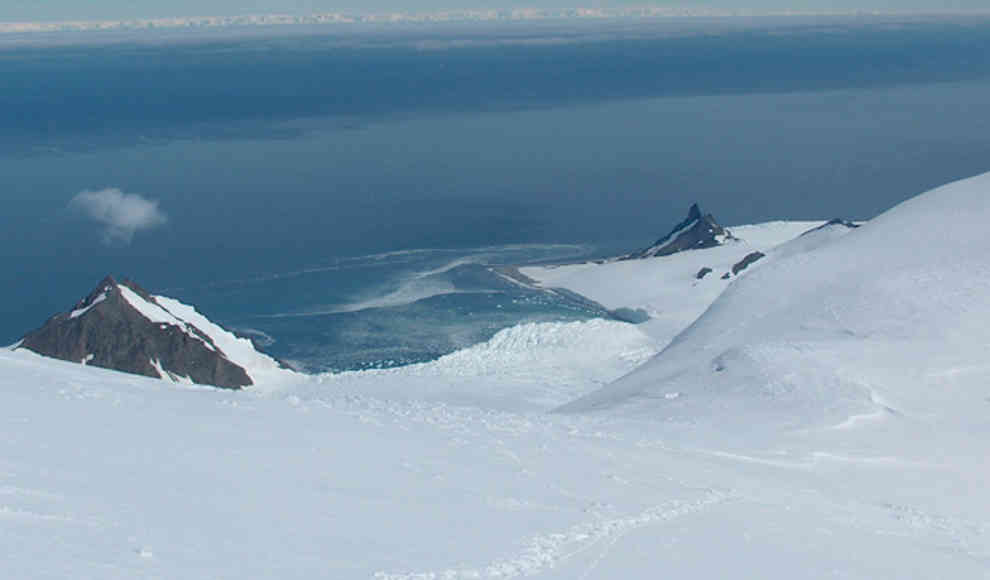Scientists suspect that there is a massive methane deposit under the ice of Antarctica, according to recent calculations. If the ice melts, the methane will enter the Earth’s atmosphere and accelerate climate change. An international team of researchers estimates that there are about four billion tons of methane under the Antarctic ice. Methane is one of the worst greenhouse gases, which already contributes significantly to global warming. Methane is mainly produced when plants decay and animal carcasses are decomposed by microorganisms. Antarctica was a green rainforest about 35 million years ago, with billions of plants and countless animals. The remains are now buried under a thick layer of ice, and the methane produced by decay was compressed into methane hydrate under the high pressure of the ice and the massive cold, which is currently safely enclosed under the ice cap.
Jemma Wadham, the leader of the study at the University of Bristol, and her colleagues believe that if the ice in Antarctica continues to melt due to global warming, huge amounts of methane will enter the Earth’s atmosphere, further intensifying the greenhouse effect. This effect is called positive feedback because the more methane is released and it warms the climate, the faster the remaining methane deposits will be released by the melting ice. However, the calculation is only a rough estimate because there are no accurate numbers for many important basics. Scientists estimate that there are about 21,000 billion tons of organic carbon under the Antarctic ice, and only a small part has been converted into methane so far. The decline in ice cover would expose many organic remains, which would only be converted into methane then.
Slawek Tulaczyk from the University of California, who was also a member of the research team, said, “Our study shows how important further exploration of the life under the Antarctic ice sheet is because these remote areas may have a much greater impact on the Earth’s climate system than we thought in the past.” The discovery of the methane deposit under the Antarctic ice highlights the urgent need to address climate change and reduce greenhouse gas emissions.










